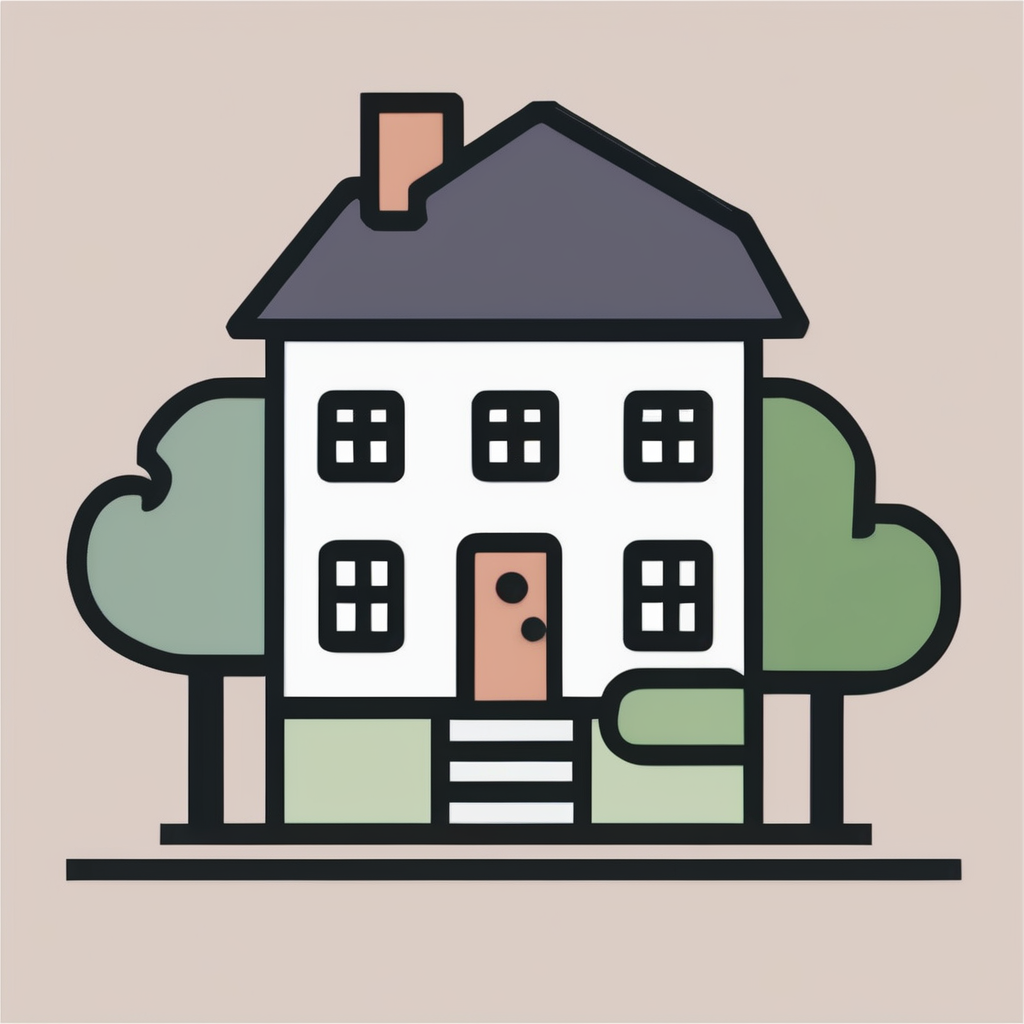Overview of Buying Versus Renting a Home in the UK
Navigating the choice between home ownership UK and renting UK requires a clear understanding of the key differences impacting finances and lifestyle. Buying a home typically involves a substantial upfront investment, including a deposit and mortgage commitments. In contrast, renting offers flexibility with fewer initial costs but often means monthly rent payments without building equity.
A critical distinction lies in long-term financial benefits: homeowners gain equity appreciation as property values rise, while renters do not. However, renting UK can be advantageous for those seeking mobility or unable to commit to the responsibilities of maintenance and repairs inherent in ownership.
This might interest you : What Are the Most Common Challenges Faced by First-Time UK Home Buyers?
Current trends reveal a mixed picture. Data shows homeownership rates have fluctuated, influenced by factors such as affordability and lending criteria, while renting UK has increased, particularly among younger demographics. This highlights the evolving dynamics within the UK housing market.
Understanding these aspects ensures an informed decision aligned with personal circumstances. Evaluating the property market comparison between buying and renting is essential to weigh the trade-offs realistically and choose what best suits your financial goals and lifestyle preferences.
Also to discover : How Can You Find Off-Market Property Deals in the UK?
Financial Benefits of Buying a Home
Owning a home offers significant financial benefits including the accumulation of home equity, which is the portion of the property you truly own. With each mortgage payment, you increase your equity, effectively turning your monthly expense into a long-term investment. Unlike rent payments, which provide no ownership stake, mortgage payments build your stake in the property over time.
Another key advantage is the stability of monthly payments when opting for a fixed-rate mortgage. This stability protects you from unpredictable rent increases, helping with better financial planning. Over years, this consistency adds comfort and reduces stress around housing costs.
Additionally, homes can appreciate in value, enhancing the investment potential of your property. Rising market prices not only increase your wealth but also enable you to leverage your home equity through loans or lines of credit—funds that can be used for renovations, education, or emergencies.
Understanding the balance between mortgage vs rent is crucial. While renting may seem flexible, buying builds tangible assets and financial security, making it a smarter choice for many seeking long-term benefits.
Financial Benefits of Renting a Home
Renting a home offers significant financial advantages compared to buying. One of the most notable is the lower upfront costs. Renters typically pay a security deposit and the first month’s rent, avoiding the hefty down payments required when purchasing a property. This lower barrier to entry can be especially beneficial for those just starting out or looking to manage their cash flow more effectively.
Another key advantage is freedom from maintenance and repair costs. When you rent, these expenses are usually the landlord’s responsibility, removing the unpredictable costs that homeowners often face. This can lead to more stable monthly budgeting and less financial stress.
Renting also provides remarkable flexibility. If your financial situation or personal circumstances change, relocating is easier without the burden of selling a home. This flexibility can be crucial for careers requiring mobility or for adjusting to life changes without major financial penalties.
In summary, renting’s benefits extend beyond immediate savings, offering ongoing financial freedom and adaptability—making it an attractive option for many.
Lifestyle Considerations: Buying
When deciding to buy a home, stability often tops the list. Homeownership provides a greater sense of permanence compared to renting, as it secures your living situation for the long term. This stability enables you to plan your future without the uncertainty of moving due to lease terminations or rent increases.
Another major advantage is the freedom of personalisation. Buyers can renovate or tailor their living space to exact preferences. This ability to make changes—from painting walls to major home improvements—enhances comfort and reflects personal style, which often isn’t possible with rented properties.
Moreover, owning a home influences your long-term lifestyle choices. Home improvements not only increase comfort but also build equity, protecting your investment. These factors make buying a home a practical decision for those seeking control over their environment and a stable base for family life or career growth.
For anyone prioritising these lifestyle benefits, buying offers unmatched opportunities to create a living space that truly feels like home.
Lifestyle Considerations: Renting
Renting offers notable flexibility, especially for those who may need to relocate frequently for work or personal reasons. Unlike owning a home, renting allows tenants to move with fewer constraints, enabling easier adaptation to changing life circumstances. This renting flexibility can be crucial for careers that require mobility or for individuals who are uncertain about long-term commitments.
Another advantage is the convenience of fewer responsibilities compared to homeownership. Renters are generally not accountable for major repairs or maintenance—these duties fall to the landlord or property management. This reduction in responsibility means less time and financial stress, which benefits those who prefer a simpler living situation.
Moreover, the responsibility associated with renting is typically limited to paying rent on time and maintaining basic upkeep, making it an attractive choice for individuals seeking minimal obligations. The process of making changes, such as relocating or adjusting lease agreements, is often more streamlined, providing renters with freedom that browsing homeownership can lack. Renters enjoy peace of mind knowing that many burdensome tasks fall outside their scope, allowing a focus on lifestyle rather than property management.
Market Factors Affecting the Decision
Understanding the UK property market dynamics is crucial when deciding to buy or rent. Property prices have seen fluctuations influenced by broader economic conditions. High prices can discourage buyers, particularly first-timers, pushing demand toward renting. Conversely, falling prices may encourage purchases, especially if coupled with favourable mortgage rates.
Mortgage rates directly affect affordability. When rates rise, monthly mortgage repayments increase, reducing buying power and enhancing rental appeal. Lower rates make buying more attractive, as mortgage costs can be comparable to or lower than rent. Market trends, including supply and demand shifts, further influence this balance. For instance, a surge in rental demand drives rents upward, sometimes making owning more financially sensible.
Regional differences play an essential role. London and the South East often have higher property values and rents compared to the North or Midlands. Local economic strength, job availability, and infrastructure impact both rental demand and property prices.
Government schemes, such as Help to Buy or shared ownership, can lower initial buying barriers. Tax reforms or regulations affecting landlords can also shape rental market conditions. Staying informed about such policies can significantly influence one’s decision to rent or buy.
Summary Comparison Table
A clear buy vs rent comparison highlights the core advantages and drawbacks of each option in the UK housing market. Buying a home typically offers long-term investment potential and the freedom to customize your property. However, it involves significant upfront costs like deposit, legal fees, and mortgage commitments. Renting, on the other hand, generally requires less initial cash and offers flexibility to move without the burden of selling a property.
Here’s how the UK housing pros and cons break down:
Buying Pros:
- Builds equity over time
- Greater stability and control over the living space
- Potential property value appreciation
Buying Cons:
- Large upfront and ongoing costs
- Reduced flexibility due to commitment
- Responsibility for maintenance and repairs
Renting Pros:
- Lower initial financial burden
- Flexibility to relocate easily
- Generally less responsibility for repairs
Renting Cons:
- No asset building or equity
- Possible rent increases and less security
- Limited ability to personalize the home
Use this overview to weigh your priorities: if stability and investment matter most, buying is likely preferable. If flexibility and lower short-term costs matter more, renting could be the better choice.

